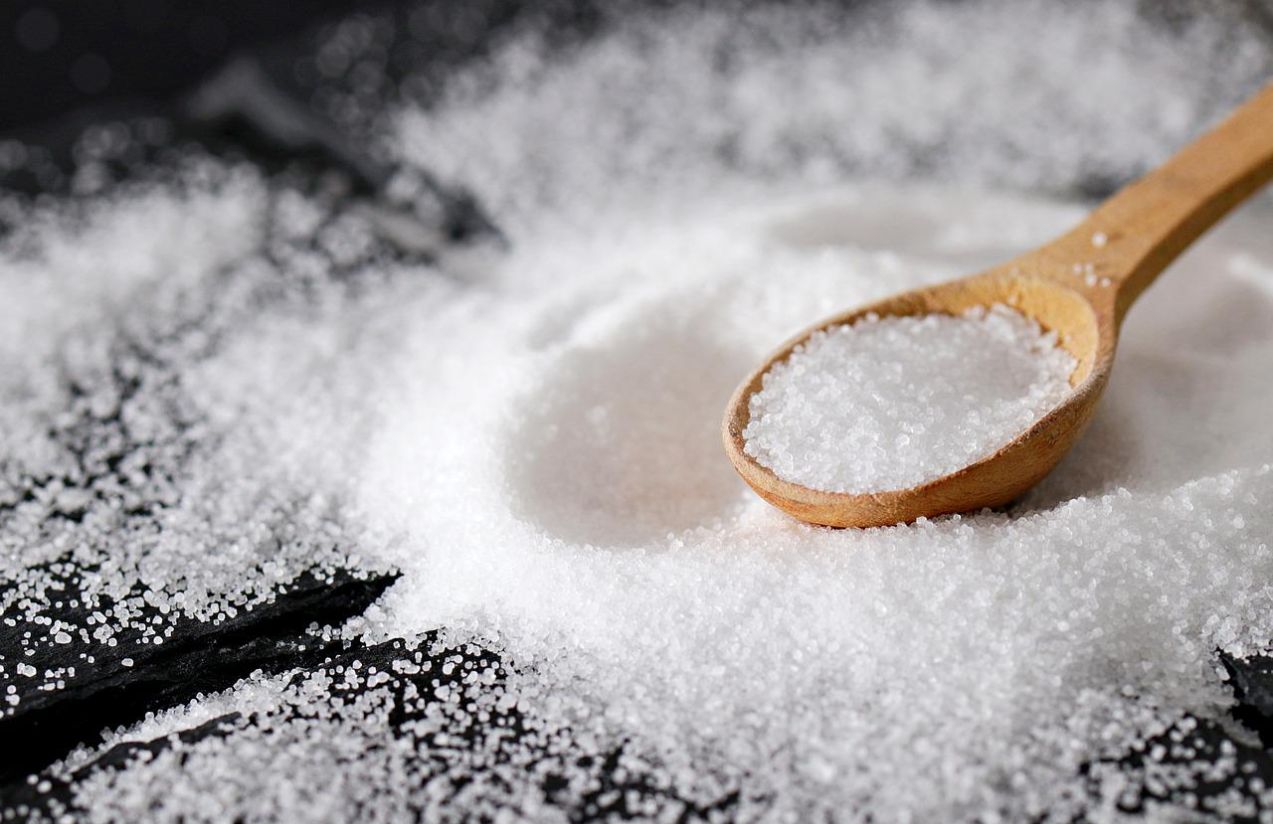Salt is not just a seasoning; it can also become a silent enemy. Health experts recommend limiting intake to less than 2 g of sodium per day, which equals about 5 g of salt, roughly one teaspoon, to prevent health issues such as hypertension, strokes, obesity, or heart disease. However, consuming less than 5.6 g or more than 12.5 g per day has also been linked to negative effects on the cardiovascular system.
Excessive salt promotes fluid retention, which raises blood pressure and overloads the heart and kidneys. It has also been associated with kidney damage, osteoporosis, and an increased risk of stomach cancer by damaging the intestinal lining and facilitating infections.
On the other hand, studies show that an intake of 3 to 6 g of sodium per day seems to offer the lowest cardiovascular risk compared to diets that are too low or too high, benefiting both people with and without hypertension.
So, what should you do?
The key is balance: consuming the recommended amount, without going overboard or falling short. This helps protect cardiovascular and kidney health while maintaining a safe and balanced diet.

